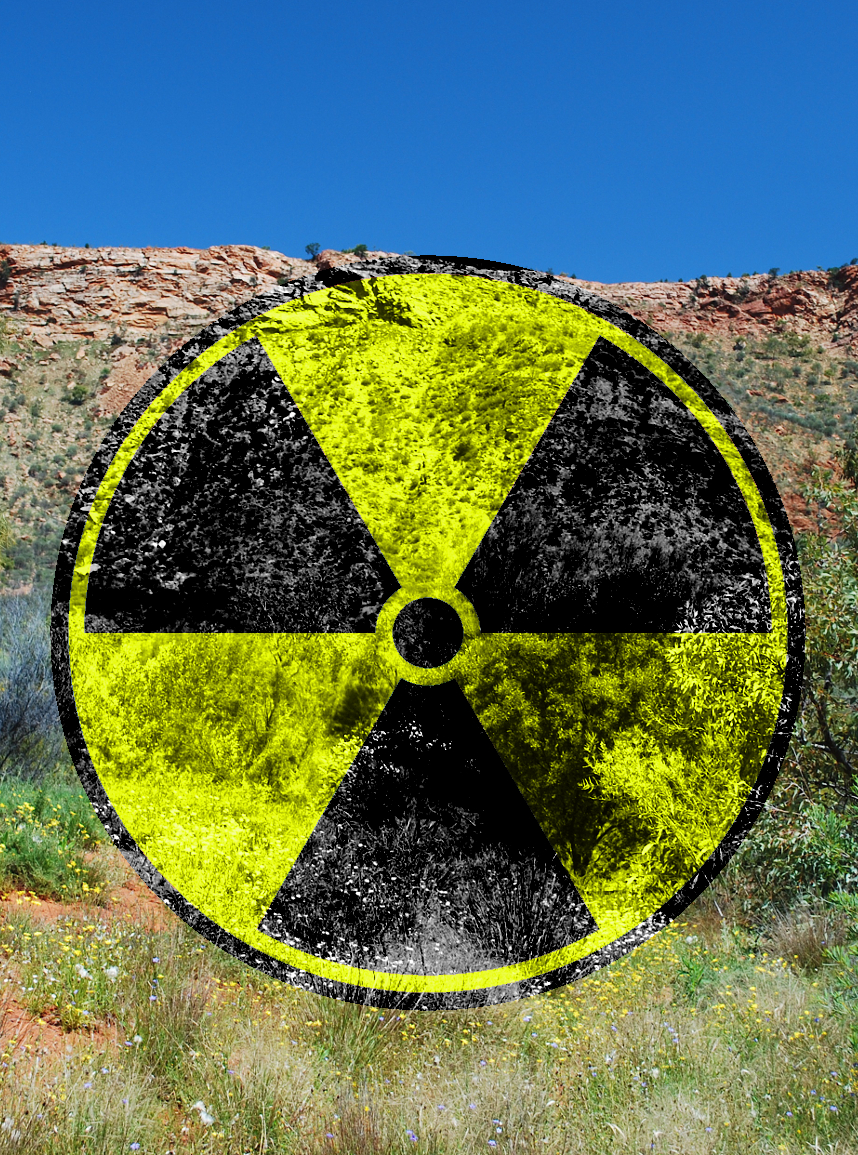Study plugs nuclear option
 A new study says Australia should consider nuclear reactors as a realistic option to confront its deepening energy crisis.
A new study says Australia should consider nuclear reactors as a realistic option to confront its deepening energy crisis.
The study from industry superannuation's chief lobby group says battery technology may not be enough to maintain baseload power.
Industry Super Australia (ISA) argues that investment in nuclear energy should not be sidelined.
“If you look at the output of the nuclear industry, and if you consider its future relative to other technologies, it looks awfully good relative to some of the other potential technologies and therefore it shouldn't be excluded from consideration,” ISA's chief economist Stephen Anthony has told the ABC.
“The fundamental challenge that our nation faces is we have to decarbonise within 50 years or we are facing a climate disaster and right now the only technology that looks really, really good in that context is nuclear.”
The report says Australia must first work out if it has the technical capacity to engage with nuclear energy.
“One important step would be to build some capacity to operate a nuclear facility,” the paper concluded.
“This would provide insurance against failure in alternative options or rapid change in technology. A single reactor would be a relatively small investment.
“It is important not to limit technological capacity. This might include taking early steps to acquire some nuclear expertise.
“Failure to exclude nuclear does not mean we are pro-nuclear any more than failing to exclude solar means we are pro-solar.”
The report also argues that technologies such as solar, wind, coal, gas generation and carbon capture and storage need to be considered.
The report ruled out biomass as an energy source because of its high emissions intensity, and dismissed tidal and wave power as unrealistic too.
It says that a battery scheme for the entire nation would cost $6.5 trillion, or the cost of building around 1,000 nuclear reactors.
ISA chief economist Stephen Anthony said the industry may have to fund interventions, as there is an ongoing energy policy stalemate in Canberra.
“While the climate debate rages on, Australia's ageing infrastructure continues to fall further and further behind the rest of the world,” Mr Anthony said.
“If this policy inertia continues, regulatory uncertainty will continue to rise, allowing some investors to capitalise on price movements and maximise public subsidies to game the market.
“Something has to give and this is where industry super funds come in.”







 Print
Print